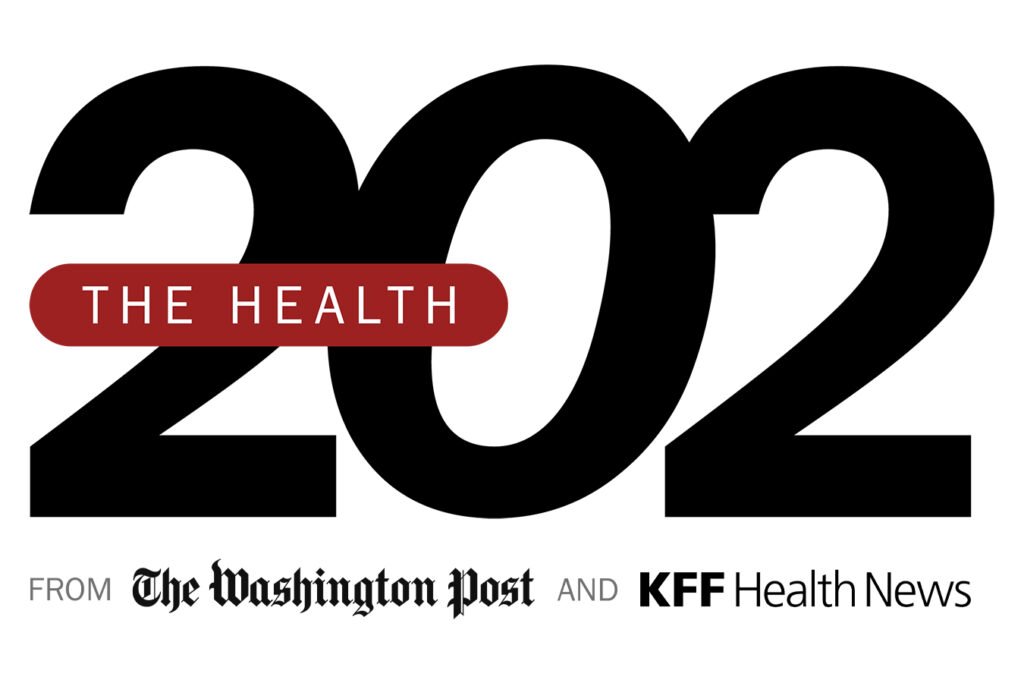Final month, my colleague Lauren Sausser instructed you concerning the Biden administration’s crackdown on insurance plans’ prior authorization insurance policies, with new guidelines for sure well being plans taking part in federal packages resembling Medicare Benefit or the Inexpensive Care Act market. States are getting in on the motion, too.
Prior authorization, generally referred to as pre-certification, requires sufferers to endure their well being insurers’ reviewing some medical remedies earlier than deciding to cowl them — or not. It’s a device the plans say reins in prices and protects sufferers from pointless or ineffective medical therapy. Sufferers and docs hate it.
However the brand new Facilities for Medicare & Medicaid Providers guidelines are restricted.
So, docs and hospitals are backing efforts by states to move their very own restrictions.
Final yr, lawmakers in 29 states and District of Columbia thought-about some 90 payments to restrict prior authorization necessities, according to the American Medical Association, with notable victories in New Jersey and D.C. The physicians affiliation expects extra payments this yr.
Right here in Missouri, Republican state Rep. Melanie Stinnett launched legislation to exempt sure suppliers from at all times having to request authorization for care — a program usually referred to as “gold carding.” Stinnett mentioned she was frequently pissed off by prior authorization hurdles in her work as a speech pathologist earlier than becoming a member of the legislature in 2023.
“The tales all type of look comparable: It’s a giant battle to get one thing achieved on the insurance coverage aspect for approval,” Stinnett mentioned. “Then generally, even in spite of everything of that battle,it looks like it could haven’t been worthwhile as a result of some individuals then have a change originally of the yr with their insurance coverage.”
That’s what occurred to Christopher Marks, a 40-year-old truck driver from Kansas Metropolis, Mo.
Marks seen a direct enchancment in his Kind 2 diabetes signs final yr when his physician prescribed him the medicine Mounjaro — which has a wholesale worth of more than $1,000 a month.However when his physician adopted the typical prescribing pattern and elevated his dose,Marks’s well being insurer declined to pay for it.
Marks had a Cigna plan that he bought on the federal Inexpensive Care Act market, healthcare.gov. After two appeals over a month and a half, Cigna agreed to cowl the upper dose. A number of months later, he mentioned, when it was time to up his dose as soon as extra, he was denied once more. By November, he determined it wasn’t value sparring with Cigna anymore because the insurer was leaving the marketplace in Missouri in the beginning of this yr. He determined to remain on the decrease dose till his new insurance coverage kicked in.
“That’s past irritating. Individuals shouldn’t need to be like, ‘It’s not well worth the battle to get my medical therapy,’” Marks mentioned.
Cigna spokesperson Justine Classes mentioned the corporate makes use of prior authorizations for in style medication resembling Mounjaro to assist guarantee sufferers get the proper drugs and dosages.
“We try to make authorizations shortly and accurately, however in Mr. Marks’s case, we fell brief and we enormously remorse the stress and frustration this triggered,” she mentioned.
Beneath Stinnett’s invoice, a medical supplier’s prior authorization requests throughout a six-month analysis interval can be reviewed by well being plans. Suppliers whose requests had been accepted by a plan a minimum of 90 % of the time can be exempt from having to submit additional prior authorization requests for sufferers on that plan for the subsequent six months.
The exemptions would additionally apply to hospitals and different services that meet the brink. They must proceed hitting the 90 % approval mark to maintain the exemption.
5 states have handed some type of gold-carding program: Louisiana, Michigan, Texas, Vermont and West Virginia. The AMA is monitoring lively gold carding payments in 13 states, together with Missouri.
A 2022 survey of 26 medical insurance plans carried out by the business commerce group AHIP discovered that simply over half of these plans had used a gold-carding program for medical providers whereas a few fifth had achieved so for prescriptions.
Marks bought insurance coverage for this yr on the federal market from Blue Cross and Blue Defend of Kansas Metropolis. In January, his physician re-prescribed the upper dose of Mounjaro that Cigna had declined to cowl. Somewhat over every week later, Marks mentioned, his new insurance coverage accepted his prescription “with none fuss.”
This text will not be accessible for syndication because of republishing restrictions. In case you have questions concerning the availability of this or different content material for republication, please contact NewsWeb@kff.org.
